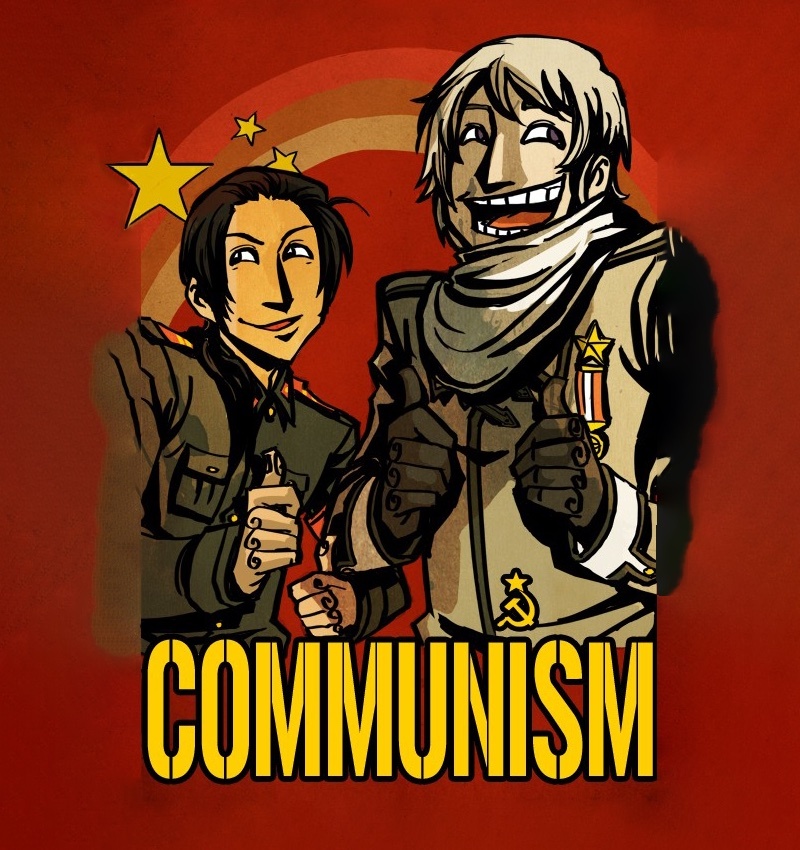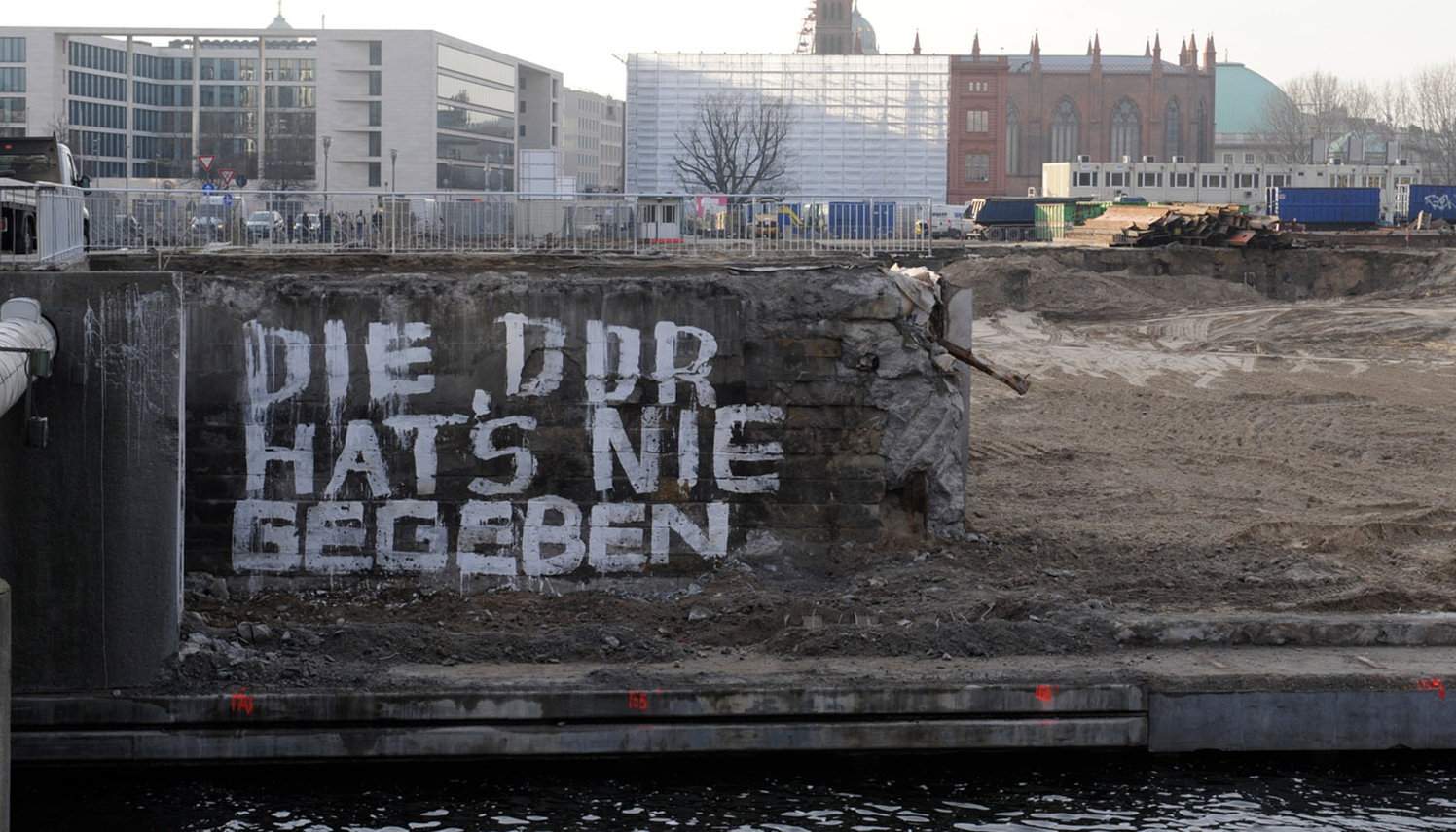

Interestingly, Russian media is corroborating the Reuters report that Putin has leaned into the “DPRK personnel in Russia” topic during a BRICS presser:
MOSCOW, 24 October — RIA Novosti. Russian President Vladimir Putin, responding to a question about “satellite images that suggest North Korean troops are in the Russian Federation,” called them “a serious matter.” “The images are indeed serious. If there are images, then they reflect something,” the head of state said at a press conference following the XVI BRICS summit. https://ria.ru/20241024/putin-1979906877.html
I think this sort of “wink wink” non-denial from Putin really does suggest that DPRK military personnel are not just “in the Russian Federation” but somewhere substantive, perhaps specifically, in the Kursk region, most likely observing but also potentially providing auxiliary or technical assistance. The recent agreement that was just signed between Russia and the DPRK was a mutual assistance treaty and something of that sort would provision for the possibility of DPRK military support in the event of legitimate attack, which Ukraine indeed is conducting through its assault on actual Russian territory in Kursk.
This would hypothetically square the hemming and hawing from the West about the topic and is likely why most of the Western narrative on the “DPRK intervention” so far has had this tortured vocabulary of ambiguously accusing the DPRK of entering into the conflict without often explicitly stating that the DPRK personnel are in Ukraine itself. It explains how much of the coverage is more focused on that South Korean comprador president’s threats of retaliation rather than taking a microscope to the alleged DPRK act itself.
It’s therefore worth assessing this hypothetical scenario properly. The implications of this would be enormous, if true. For Russia, I’d say there’s always been a sense from their side that they’ve been searching for a way to make Ukraine recognize some consequence for taking the fight into actual Russian territory (beyond the historical irony of attacking Kursk). The activation of a mutually defensive pact would be a way to do it, that can also be justified in terms of international law. The ability to reply to the Kursk incursion, which is costing Ukraine nothing but its least prized commodity - its people - by claiming the Ukrainian propaganda stunt triggered a Russian defensive pact clause would be the type of assertive rejoinder sufficient to deflect the passive image of being caught on the backfoot and stuck playing a reactive role, which is the Western narrative being pushed to create through the incursion.
As for the DPRK, if its relationship with Russia really has developed to such a public extent, I’d call this, without exaggeration, the most momentous paradigm shift in East Asian geopolitics since the DPRK’s nuclear proliferation in the 2000s or even the collapse of the USSR. Especially if the South Korean lackey leadership is compelled, optics-wise, to respond to the DPRK’s potential participation. This would begin a series of brinksmanship that binds the South Korean (and US) side in a Catch-22. Neither South Korean chaebol military boondoggles nor forcibly conscripting K-Pop stars into Ukraine would be ultimately relevant in shifting the fundamental NATO inability to alter the material conditions of the Russian attritional grind against Ukraine.
More importantly, given that the half-hearted character of the US role in Ukraine is being self-rationalized by the Pentagon as purely due to it “saving itself” for the great fantasized showdown against China, the diversion of any South Korean materiel and manpower away from the East Asian theater would be detrimental to the overall US military objectives of being still unable so far to fulfill that “Pivot to Asia.” The idea that South Korea entering on the Ukraine side would bind irrevocably it to NATO and thus preventing such a scenario is “vital” can only come from a failure to appreciate that occupied Korea already hosts the largest US military presence on the planet apart from that within the former Axis Powers and therefore it was always going to be made to latch to the US side, willingly or not, when the moment finally comes. Furthermore, the fact that China is still officially “uninvolved” means that the Yoon government in Seoul would be restricted from using this opportunity to fully declare its subservient alignment towards NATO.
The more important factor is that the DPRK, through this hypothetical action, would put Yoon an impossible position. Responding to the brinksmanship would, for one, confirm their administration’s tenure as likely the most deteriorated position since the Korean War itself and while the Korean Milei has been all too happy to sacrifice his country for US geostrategic aims whenever possible, something like this would likely be an outcome far beyond the administration’s initial anticipations. Responding through parallel support for Ukraine would obviously also deteriorate South Korean relations with Russia and this is the most important thing. The DPRK’s bilateral relations has always been, in truth, trilateral where Seoul rears its head akin that consent meme asking “Isn’t there someone you forgot to ask?” Seoul has been able so far to leverage this since the DPRK’s nuclear proliferation to isolate Pyongyang from its two major partners, China and Russia.
Gradually, this has become a zero-sum game to the DPRK’s detriment, as South Korea has been able to leverage its economic relationship with China and Russia to make them reluctant to sacrifice this established trade relations in order to support the DPRK. We can see this similarly play out with Cuba, where despite the desperate current conditions of the heroic Cuban Republic, both Chinese and Russian support is still being limited by compliance to the threat of American reprisal. Seoul sending military support to Ukraine would give Russia a legitimate pretext to justify tanking its economic ties with it and reorientate Russia more firmly with the DPRK, something which previous administrations in Seoul had painstakingly crafted to be impossible for the Russian cost-benefit economic calculus to consider in normal conditions. This would be something comprador Yoon would be made to throw away for the sake of retaliatory optics and adherence to US vassalage, thereby inadvertently rendering renewed DPRK-Russia ties feasible, potentially even to the height it once had been under the USSR. Restoring the DPRK’s relationship with Russia from an implicitly trilateral to a definitively bilateral dynamic would end the era of isolation it has been held under since its nuclear proliferation and would thus have a dramatic effect on its material conditions.
Even if Seoul merely gnashes its teeth and refrains from substantive action, this episode has already resulted in the fait accompli of strengthened DPRK-Russia relations. Of course, all of this is merely hypothetical and contingent on the actual circumstances of the alleged “DPRK presence” in Russia, but given a mutual defensive treaty has already been signed, what has already occurred has been a badly needed step forward for the DPRK.
Update from Korean Central News Agency (English Translation by KCNA):
Vice Foreign Minister of DPRK Clarifies Stand on Rumor of Troop Dispatch to Russia
Pyongyang, October 25 (KCNA) – Kim Jong Gyu, vice foreign minister of the DPRK in charge of Russian affairs, gave the following answer to a question raised by KCNA on Friday as regards a rumor that the troops of the Korean People’s Army are dispatched to Russia which is recently drawing public attention in the world:
I heeded the rumor of the dispatch of KPA troops to Russia, which the world media is building up public opinion.
The DPRK Foreign Ministry does not directly engage in the things of the Ministry of National Defence, and does not feel the need to confirm it separately.
If there is such a thing that the world media is talking about, I think it will be an act conforming with the regulations of international law.
There will evidently exist forces which want to describe it as illegal one, I think. (End)



Well it has to do with the physiological afflictions that affect the skeletal structure of a comprador’s body. Per the Cleveland Clinic:
In seriousness, the current South Korean leadership won its current position from a 0.73% margin in a 2022 election, largely through inflaming the South Korean societal gender antagonism, where they stood on the side of misogyny. Being carried into the Seoul presidency by incels, Yoon then proceeded to spend the majority of his time on foreign affairs, because the internal contradictions of South Korean society are simply insurmountable for President Incel to solve, whereupon he capitulated on all the historical grievances that previously prevented a South Korean junior partnership to Japan, like abandoning comfort women victims and allowing Japanese military stationing in South Korea. The point is to create a fait accompli of irreversible South Korea-Japan ties to bind South Korean foreign policy to the US in the New Cold War that any successor in Seoul would be unable to undo and therefore forced to abide to. Given that it was reported just today that his approval rating is at 20% and the same survey reported that “66 percent said South Korea should only provide nonlethal military assistance, such as medicine and food, to Ukraine,” I’d imagine he’s leaning all-in on foreign policy compradorism, by flouting the charade of South Korean “democracy,” as a means of carving out some semblance of a personal political legacy.
To be honest, this has parallels to the original Cold War. Helmut Kohl of the 1980s in the BRD was exactly this sort of bumblng blowhard. A wannabe Reagan and Thatcher two-for-one in Bonn, yet powerless to do anything for resolving BRD domestic conditions. He turned his attention then to foreign policy, aligning the BRD as a vassal to Reaganite geopolitical interests and tanking Ostpolitik with the DDR, similarly to how the current Seoul regime has destroyed the detente with the DPRK created by the Moon administration. Ineffective - until Gorbachev came along and sold out the DDR so that Kohl got to claim the “honor” of becoming the first chancellor of a “unified” Germany. In that instance, in terms of the narcissistic politician’s desire to secure a historical legacy, being a comprador to US geopolitical interests “paid off,” as repulsive as it is to admit.
In a larger sense, you could say that everything which the current historically unremarkable generation of leadership in both the West and its vassals like South Korea are doing resolves around clinging to the same hope, which in a macroscopic way helps to explain moves like this. They think they are on the winning team and therefore the only important thing to do is securing their number on this team. It’s akin to the doctrine of “proleptic eschatology” in Christian theology, where everything being done in the present is rationalized for the anticipation of the “second coming.” In this case, the “second coming” is that of a new Gorbachev figure who will deliver the West the victory to this New Cold War. The lesson they think they’ve learned from the original Cold War is that material conditions are fundamentally secondary in principle and irrelevant in practice: they don’t need to concede anything or “waste their time” resolving immense domestic contradictions or compromise with “the adversary” because a Gorbachev will inevitably come along to hand them the keys to the entire house once again and elevate their names into the history books like what happened to their predecessors.